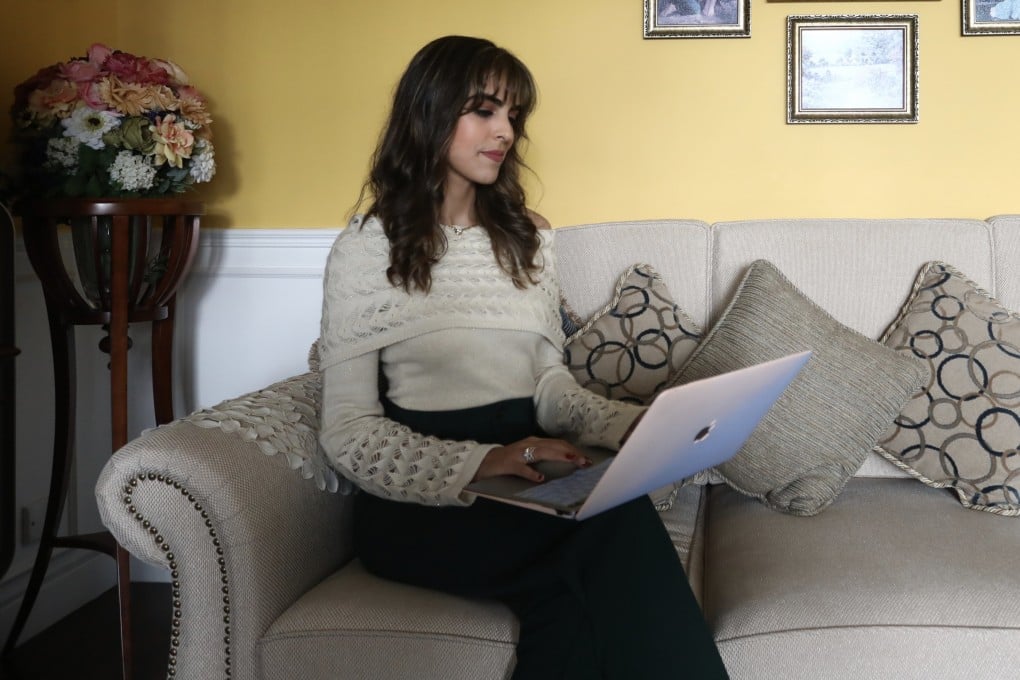Down time – should you use it for mindless or mindful things? Both are beneficial, say experts, but in the right measure
- Have you found yourself with more free time during this pandemic? For some, using it for things that don’t require much thinking is good – our brains recharge
- Others who don’t like boredom will find using down time for productive, stimulating and meaningful activities improves their well-being

We can end up with a lot more free time than we know what to do with during a coronavirus lockdown or when social distancing restrictions are in place. We might binge-watch TV shows, connect with loved ones online, catch up on reading and rest – or do nothing at all.
That’s good news for people who are constantly on the go – studies show that having discretionary hours during the day can lower our stress levels and make us happier.
Shanti Sadhwani is the owner of a home-based creative communications consultancy in Hong Kong, and her days are usually filled with meetings and liaisons with clients.

It is very different to how Sadhwani used to spend her free time when she was younger. “I’d sleep or watch television all day and just be, as I called it, a lemon,” says the 29-year-old, who was born in the United States but has lived in Hong Kong almost all her life.